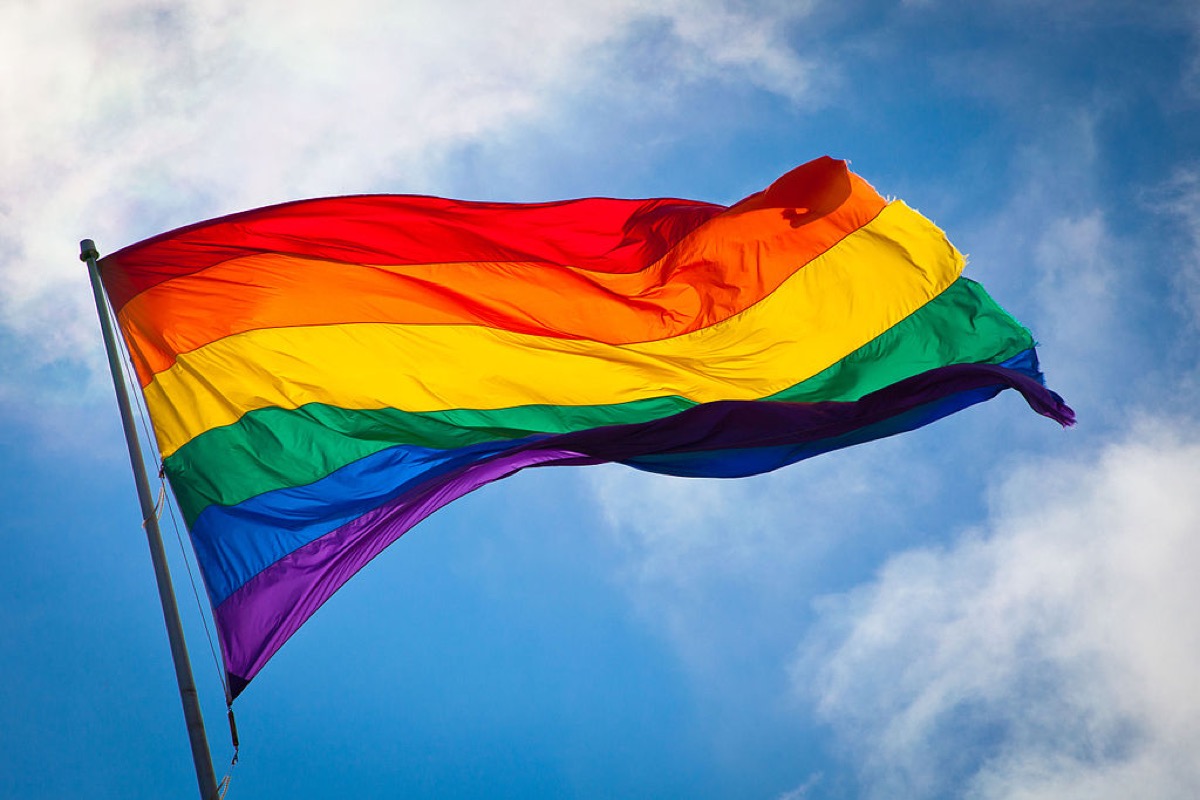Theresa May: What you need to know about the LGBT rights record of Britain’s next PM
By Josh Lee

Like it or not, Theresa May is heading to Number 10 Downing Street tomorrow (July 13). With the former Home Secretary taking the reigns of what currently appears to be the most unwanted job in Britain, here’s a quick rundown on where she’s stood on LGBT issues during her two decades in Parliament. The short answer? It’s complicated. May voted against repealing Section 28, a devastating piece of legislation that banned the “promotion” of homosexuality as “acceptable” in schools, and which described LGBT families and relationships as “pretend”. In the early 2000s she also voted against equalising the age of consent for men who sleep with men, and same-sex adoptions. While you could argue that she was simply obeying the whip of then-leader Ian Duncan Smith, some of her contemporaries, including George Osborne, rebelled to support pro-LGBT measures. When the Conservative party took power in 2010, however, said: “I have changed my view. If those votes [on gay adoption] were taken today, I would take a different vote.” In 2004, May voted in favour of the introduction of civil partnerships, but in that same year she missed each of the four votes that led to the Gender Recognition Act, which enables trans people to change their legal gender. In 2008, she voted for a bill that would force IVF pregnancies to involve a “male role model” effectively discriminating against lesbian couples. The bill was ultimately defeated. Ms May did help to ensure equal marriage proposals were put onto the Conservative agenda during the last parliament, and voted for equal marriage in 2013. However, despite her apparent evolution on some issues, many of the incoming Prime Minister’s policies during her time at the Home Office have had a negative impact on LGBT people. In 2014, a document was leaked to The Observer detailing systematic humiliation and mistreatment of LGBT asylum seekers. Home Office officials were criticised for asking “lurid questions”, including asking male LGBT asylum seekers “what is it about men’s backsides that attracts you?” and “What is it about the way men walk that turns you on?” As Home Secretary, Ms May was ultimately responsible for the running of the Home Office and for the “troubling” questions asked there, including asking “whether an individual ejaculated or whether they used a condom” while having same-sex sexual relations. The Home Office also spent hundreds of thousands on funding Broken Rainbow, the now-defunct charity for LGBT domestic violence. Since a BuzzFeed investigation revealed serious financial mismanagement at the charity, the Home Office have refused to answer any questions on what they did or didn’t know about the events and decisions that led to the UK’s only LGBT domestic violence charity closing down. Theresa May’s record on LGBT issues is a mixed bag. Although she has promised to continue to improve and safeguard equality, it might be a little prematurely optimistic to suggest she’ll be a Prime Minister who’ll fight to better the lives of LGBT people across the board. More stories: Angela Eagle launches bid to become Labour party’s first openly gay leader Eastenders: Shock plot twist for Ben Mitchell set to rock Albert Square
